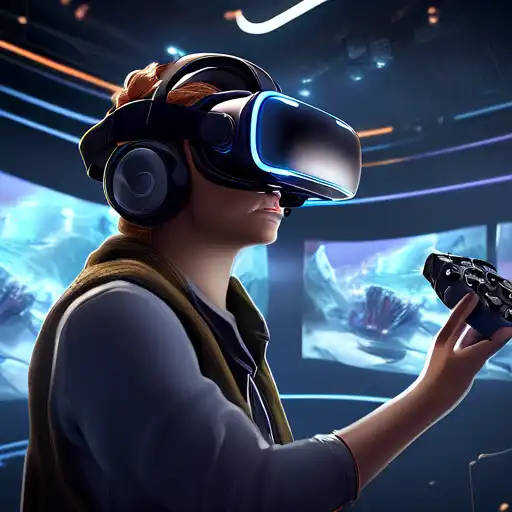Understanding the Complexities of VR Content Development
Virtual Reality (VR) has emerged as a groundbreaking technology, offering immersive experiences that were once the stuff of science fiction. However, developing content for VR presents a unique set of challenges that creators must navigate to deliver compelling and engaging experiences.
Technical Challenges in VR Development
One of the primary hurdles in VR content creation is the technical complexity involved. Unlike traditional media, VR requires a high level of interactivity and immersion, which demands advanced programming skills and a deep understanding of 3D modeling and animation.
- High-performance hardware requirements
- Complex software development kits (SDKs)
- Need for realistic physics and interactions
User Experience and Design Considerations
Creating a seamless user experience in VR is another significant challenge. Designers must consider how users interact with the virtual environment, ensuring that movements and actions feel natural and intuitive.
Key considerations include:
- Minimizing motion sickness
- Designing intuitive navigation systems
- Ensuring accessibility for all users
Content Optimization for Various Platforms
With a plethora of VR platforms available, from high-end systems like Oculus Rift to mobile-based solutions like Google Cardboard, developers must optimize their content to perform well across different devices. This often means making difficult decisions about which features to include or exclude based on platform capabilities.
The Cost of VR Content Production
Producing high-quality VR content is not only technically demanding but also costly. The need for specialized equipment, software, and skilled personnel can make VR projects prohibitively expensive for some creators.
For those interested in exploring VR content creation further, consider reading our guide on Getting Started with VR.
Overcoming the Challenges
Despite these obstacles, the potential of VR as a medium for storytelling, education, and entertainment is immense. By leveraging the right tools and approaches, developers can overcome these challenges and create unforgettable VR experiences.
For more insights into digital media innovation, check out our article on The Future of Digital Media.
In conclusion, while developing VR content comes with its share of challenges, the rewards of creating immersive and engaging virtual experiences are well worth the effort. With continued advancements in technology and a growing understanding of VR's potential, the future of VR content creation looks brighter than ever.
